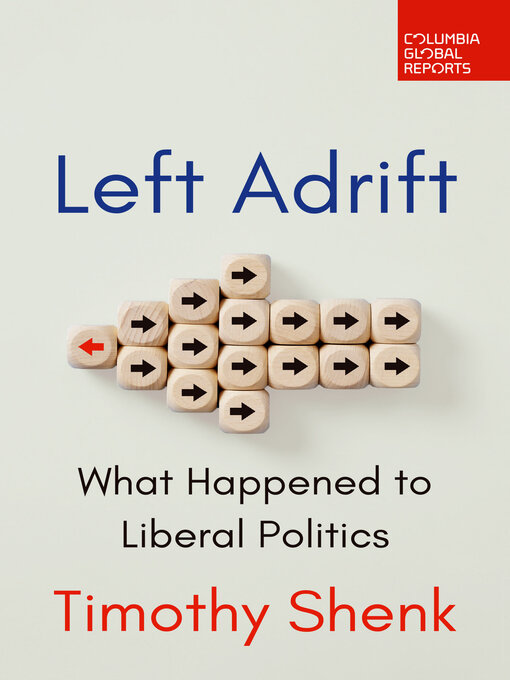A rivalry that remade the political world as we know it today
Politics today doesn't look much like it did fifty years ago. Electorates that were once divided by economics—with blue-collar workers supporting leftwing parties while the wealthy trended right—are now more likely to split along cultural lines. Campaigns have gone high-tech, hoping to turn electioneering into a science. Meanwhile, a permanent class of political consultants has emerged, with teams of pollsters, message gurus, and field operatives. Taken together, all this amounts to a silent revolution that has transformed politics across much of the globe.
Left Adrift provides a new perspective on this transformation by following the lives of two political strategists who watched it unfold firsthand. Stan Greenberg and Doug Schoen were Zeligs of the international center-left, with an eerie talent for showing up at just the right moment to see history being made. But they could not stand each other. The mutual disdain was, partly, a result of professional jealousy, of decades spent nursing private grievances while competing for the same clients. But it grew out of a deeper conflict, a clash of political visions that raised fundamental questions about democracy itself. Left Adrift is about that battle—and the world it made.


